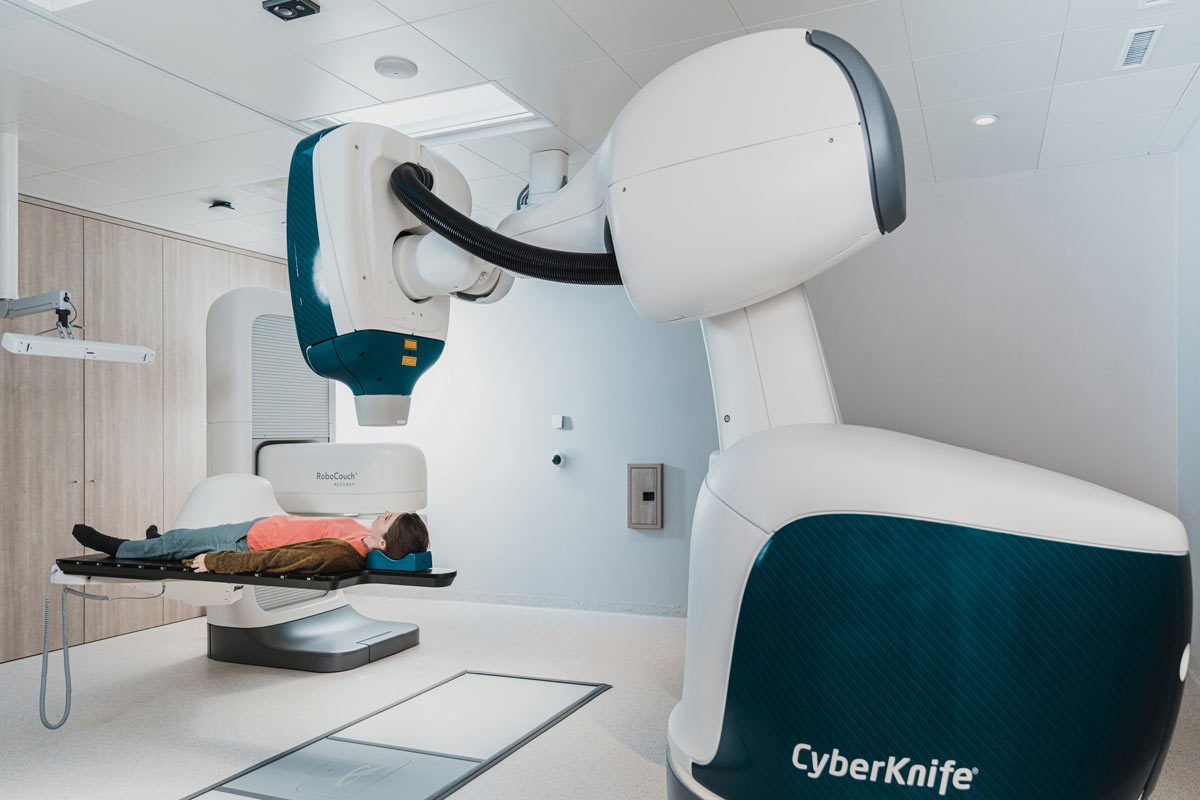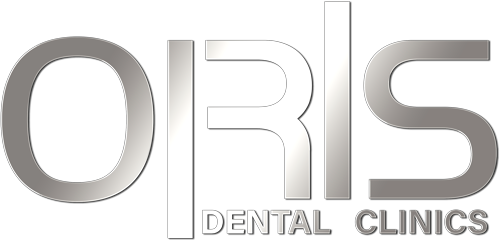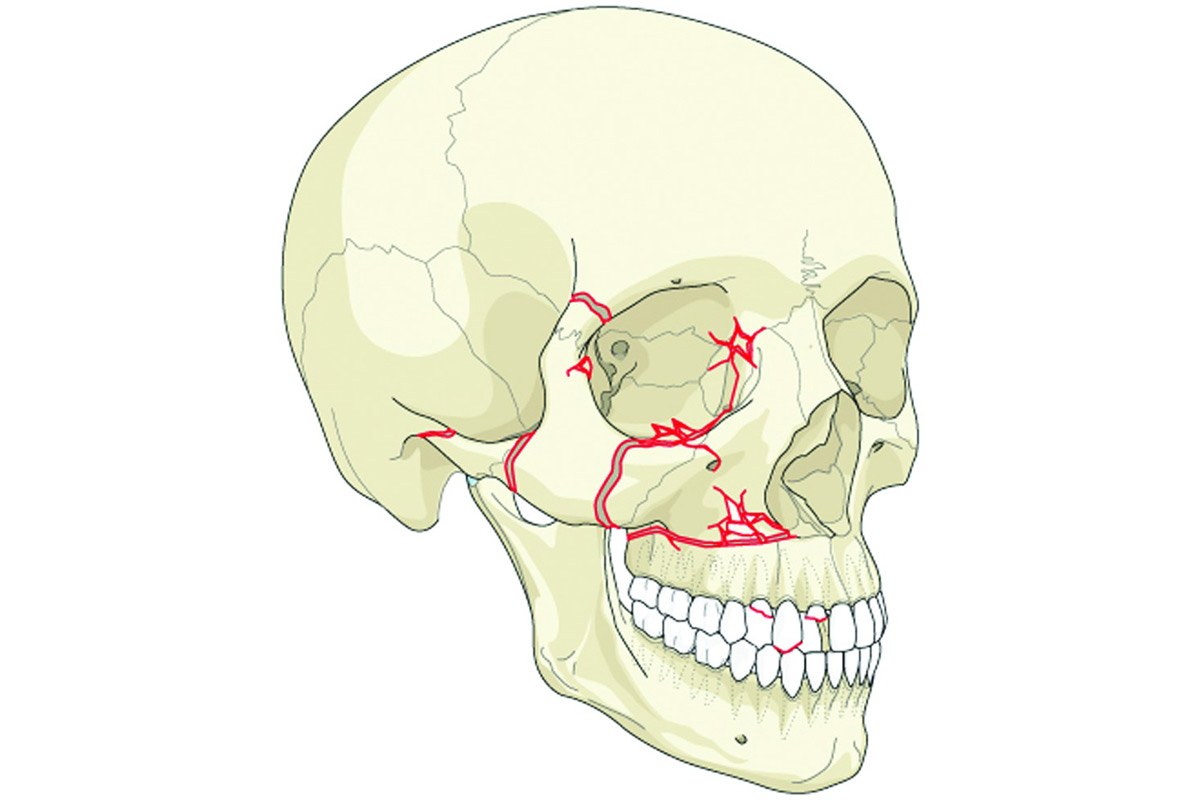Facial fracture is the term for bone or soft tissue injury to the face brought on by attacks (including gunshots), falls, sports injuries, chemical exposures, thermal burns, or animal bites. Facial trauma may result in a lifelong loss of function (seeing, chewing, speaking, and swallowing) and deformity if not addressed since the human face, is a complex area containing numerous bones, blood vessels, nerves, muscles, and sensory organs. An oral and maxillofacial surgeon is the best doctor to treat facial trauma injuries since they have a specific grasp of the facial anatomy. An oral surgeon typically treats facial trauma injuries such as:
- Jaw or facial bone fractures
- Dental injuries such as broken or avulsed teeth
- Facial cuts
What Are the Signs of a Facial Fracture?
Depending on the type of facial fracture you may have had, each person may have various symptoms. Symptoms you may experience include:
- Pain
- Excessive salivation
- Trouble swallowing
- Swelling
- Malocclusion (incorrect alignment of the upper and lower jaws and teeth)
- Skin discoloration
- A visible jaw deformity
- Nosebleeds
- Breathing difficulties
- Lacerations on the inside or outside of the nose
- The apparent displacement of the nose
Get emergency medical assistance if you believe your kid may have a facial fracture.
How Can You Know If You Have a Facial Fracture?
Share the details of your injury with your healthcare professional. Then they will examine your pupils, eye movements, and vision. In addition, your provider may use a gadget to check into your eye. They will also look for any skin injuries on your face. The following may also be required:
- Images from X-rays or CT scans may reveal broken bones, damaged tissue, and blood vessels. The professionals may give you contrast liquid to enhance the visibility of the wounded area. Let the doctor know if you’ve ever experienced a contrast liquid allergy.
- An ultrasound may examine your facial bones and tissue for injury.

How Do You Treat a Facial Fracture?
Reduction, sometimes known as “setting the bone,” and fixation are typically the first two procedures in treating face fractures.
- Reduction is the process of repositioning broken pieces. In many cases of facial fractures, a reduction can be performed several days after the incident, after the edema has decreased.
- Fixation is the process of keeping the separate components together until the fracture has healed and they have reconnected. This often entails immobilizing the damaged parts.
If the damaged bone remains in its usual position, the fracture may be allowed to heal independently. However, to treat a severe fracture, you could require any of the following:
- Endoscopy is a test that utilizes a scope to check inside your sinuses and eye socket. After that the professionals may remove little parts of your broken bone. To stabilize the damaged bones in your face, they could insert devices.
- Medications may treat or prevent bacterial infections, edema, or discomfort.
- Orthodontic therapy may be used to repair damaged teeth. In addition, if your teeth do not line up correctly while your jaw is closed, orthodontic treatment may also be performed.
- Open reduction and internal fixation (ORIF) is a surgical procedure that helps prevent bone movement as the patient heals. Because broken facial bones are joined together using wires, screws, or plates.
- You may need reconstructive surgery to repair damaged areas of your face. So, your doctor may need to extract pieces of your damaged facial bones and replace them with a graft. A graft is a piece of healthy bone from another part of your body or a donor.
When Should I Get Emergency Medical Help?
- You suddenly have difficulty swallowing or chewing.
- Your mouth or nose is dripping clear or reddish fluid.
- The skin on your face is numb.
- The discomfort in your eye or face is getting worse.
- You suddenly have double vision or vision problems.
- Your arm or leg is warm, sensitive, and painful. It may look red and swollen.
In conclusion, emergencies involving facial injuries are unanticipated and need prompt care. That is why we are here. Don’t hesitate to contact us at ORIS Dental Clinics if you live in Richmond Hill, Ontario, whether you or any loved one has had a facial trauma injury.



